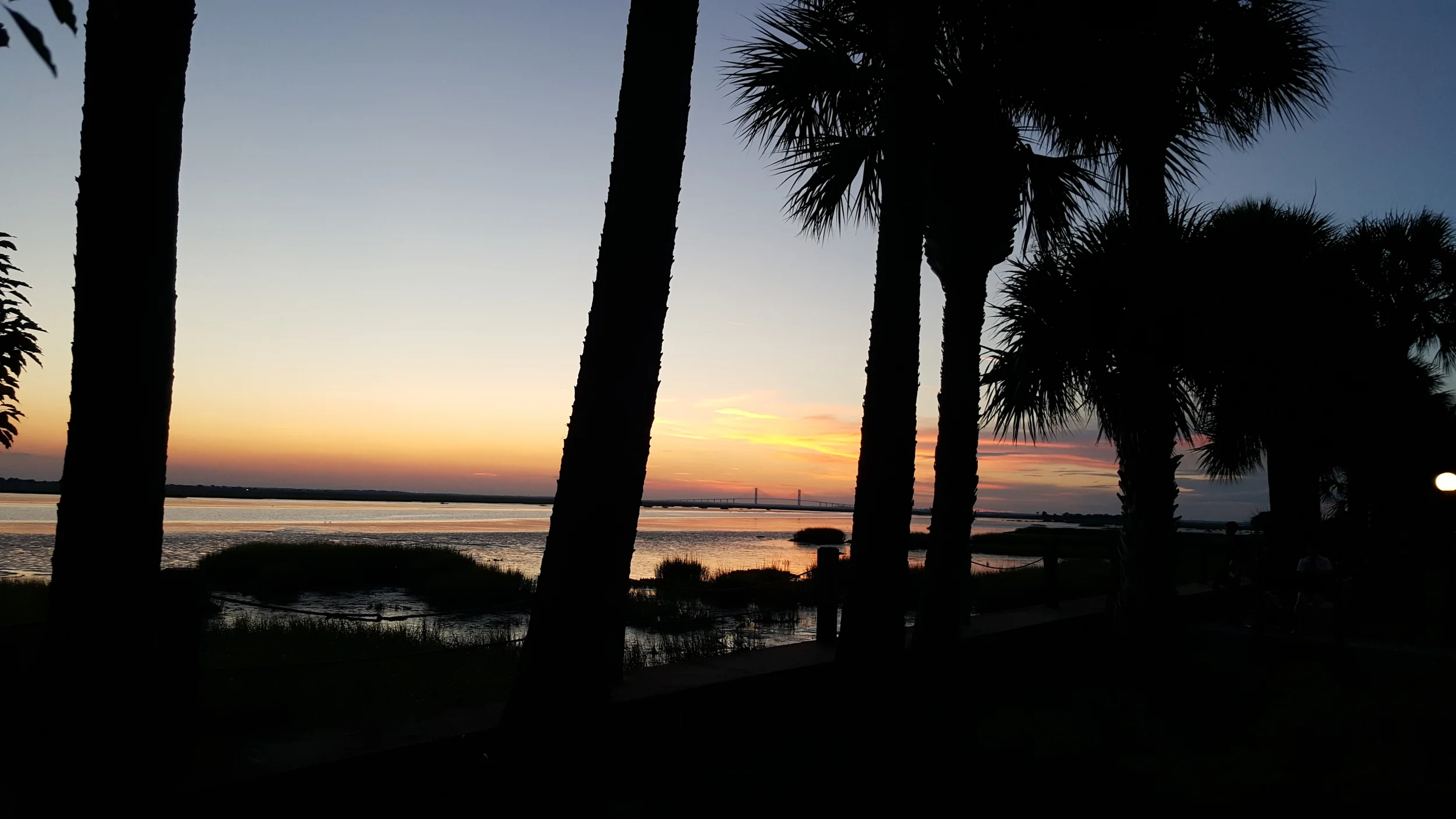The New Identity Politics of Religion
By Eboo Patel
DISCOVERING WHO I AM
As an undergraduate in the early 1990s, the heyday of identity politics, I was a full-throated participant in the protests for cultural centers and academic study programs that focused on racial and ethnic minorities.
Why didn’t Asian Americans have their own center, like the blacks and Latinos at the University of Illinois? And where were the academic courses that focused on our experience? How could the administration even consider painting over the mural in the old Latino cultural center (which, if I remember correctly, they were tearing down to build a bigger and better center)?
I raised my fist for that cause, too.
But even as I foamed at the mouth with faux outrage, a reasonable thought or two was fighting for life in the back of my mind. For all the talk about identity, the truth is that only some identities were at the table.
There were all these students going to Wednesday Bible studies and Friday night song circles, thousands of these Evangelical Christians.
Photo: Pixabay
Wasn’t that an identity? And what if those students demanded professors, cultural houses, academic programs that represented their identity – shouldn’t they get them? Why were only some identities deemed worthy of discussion and representation?
Then there was that second critical thought: I didn’t really want to belong to one of the divided tribes of Turtle Island, I wanted to belong to the United States of America.
For sure, I didn’t want my citizenship to cut me off from my racial and ethnic heritage, but couldn’t there be models where such identities were viewed as mutually enriching instead of mutually exclusive? Isn’t this what my activist and literary heroes – King, Baldwin, Hughes – managed to do? Weren’t the terrible wars in the Balkans and Northern Ireland and the Middle East all about the violent tribalization of identities rather than the connection of those identities towards the creation of a greater whole?
As Sam Tanenhaus writes in a smart piece in the New York Times Week in Review, Christian conservatives are taking a page out of the book of liberal identity politics activists in the fight for their version of the soul of America.
Tanehaus writes that: “Liberals — on the Texas board and beyond — detected an attempt to force-feed children conservative dogma, whether it was the putative religiosity of the nation’s founders, the historic contribution of the Moral Majority and Rush Limbaugh, or the elevation of John Wayne into the pantheon of patriotic heroes.”
He later continues, “Though its authors say the Texas curriculum reinforces American traditions, it may instead reflect the conservative variant of identity politics.”
So here’s the worst scenario possible: discourse around religion in America mirrors the identity politics model. That model basically follows three questions:
- Who am I?
- How have you oppressed me?
- Since I am constantly afraid of being oppressed by you, what ways can I conceive of to dominate you? If not by the sword, then by the textbook or the legislature.
And here’s the surest way for the above model to take root, as it appears to in the case of the Texas curriculum battle: to avoid the discussion of religion altogether.
For all the madness of 1990s-era identity politics, it revealed some important core truths. Cultural, racial, ethnic, religious, gender, sexual identity matters a great deal to people.
And in a democracy, what matters to people in their private lives becomes public, through politics and civic structures. (Identity matters in totalitarian states as well, it just festers underground and then explodes when the dictator disappears – witness Iraq after Saddam and the Balkans after Tito).
The challenge is to allow, even encourage, people to express their identities, but to do it in a way that builds bridges of cooperation – rather than barriers of division – between different communities.
Religion, as Samuel Huntington noted in The Clash of Civilizations, is perhaps the deepest and most intense of all identities. It motivates heroism (Gandhi, King, Dorothy Day) and horror (al-Qaeda). America is the most religiously diverse country in the world and the most religiously devout nation in the West at a time when Huntington’s clash of civilizations seems to be coming true.
We cannot forfeit the discourse around religion to those invested in division. So here’s a model for expressing religious identity in a way that builds bridges rather than barriers:
- Who am I (Muslim, Christian, Jew, Hindu, Humanist, etc)?
- How do I relate to you (what is the theology of cooperation in my faith?)?
- What can we do together to make the world better?
This article was originally published April 7, 2010 by Muslim Voices.
Header Photo: J. Trotter



